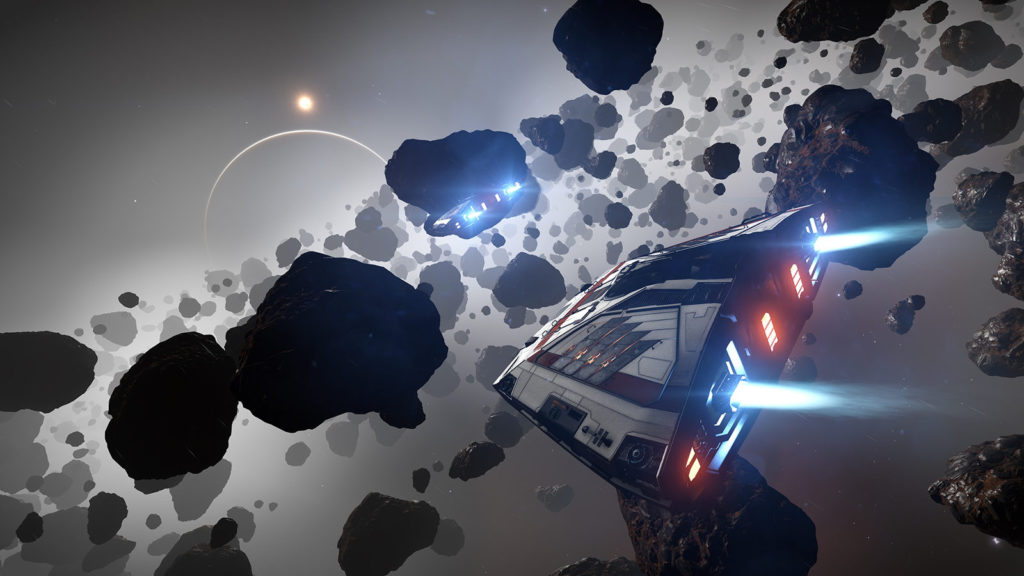Remember the TRAPPIST-1 solar system, whose discovery was announced by NASA late last week? You know, that solar system that has seven Earth-like planets, including three in a habitable zone?
Well, it turns out that space-faring video game Elite: Dangerous already has a near-identical solar system modelled in its galaxy. For the uninitiated, the developers based the in-game galaxy on our own Milky Way, using real-world NASA data as well as a hefty amount of procedural generation. This creation tool is known as the Stellar Forge by Elite studio Frontier Developments
No ad to show here.
“Even with Hubble, the fainter M class red stars [the TRAPPIST-1 star is a class M8 star – ed] are only just visible at 40 light years, which is why Trappist 1 is not in most of the star catalogues,” explained Frontier Developments founder David Braben on the game’s forum. “Beyond this distance we can see ever fewer M class stars — particularly the fainter ones like this M8 — and it is where our procedural generation begins to kick in — supplementing the brighter, more visible stars.”
Elite: Dangerous has received a reputation for accurately mapping the Milky Way — now, it’s managed to predict the TRAPPIST-1 system
Braben explained how the new system had managed to sneak into Elite: Dangerous.
“The way Stellar Forge works is to use ‘available mass’ from which to generate systems — and because of this unaccounted mass, Stellar Forge has created a system with a Brown Dwarf in very nearly the same place — 39 light years away — this is only a little smaller than an M8 — and it even has seven terrestrial worlds around it — Core Sys Sector XU-P A5-0.”
The Elite creator says that the in-game system also has several moons and a few more celestial objects. A sign of things to come for NASA?
The team has tweaked the in-game system in the wake of NASA’s discovery and will rename it TRAPPIST-1. Gamers can visit the system in the version 2.3 update.
